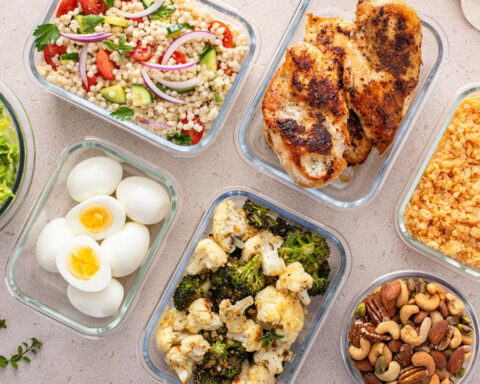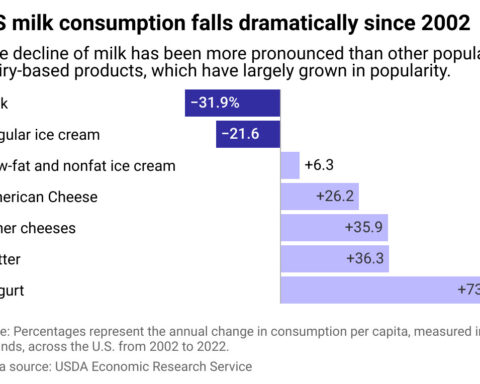While offering an array of potential wellness benefits, America’s beloved coffee habit also carries side effects from overdoing caffeine consumption. Experts say most adults can safely drink up to 4 cups daily, or 400 milligrams, but our bodies process the stimulant differently based on genetics and lifestyle. Understanding your limits and how speedily you metabolize caffeine helps strike balance between coffee’s pros and cons. Tracking physical cues makes recognizing excess straightforward for those willing to tune into their own rhythms.
Specifically, the average person clears about half a caffeine dose every four to ten hours, with quick metabolizers avoiding later day jitters. But women on birth control and pregnant slow processors more readily feel prolonged impacts like anxiety or sleep disruption from afternoon coffee breaks. Smokers and non-pregnant consumers, however, may never perceive negative effects from exceeding general guidelines. Ultimately our unique makeup and conditions determine appropriate dosing despite overarching statistics.
At its core, coffee provides a concentrated dose of complex neurological and physiological compounds beyond just caffeine. Researchers continue illuminating wide-ranging wellness benefits related to longevity, organ health, and disease prevention from routine consumption falling below excess. But contaminated water or unsanitary beans also risk transmitting illness absent proper preparations in some global areas.
Assuming quality inputs, most dangers associate with stimulative properties that temporarily spike heart rate and blood pressure. Caffeine works by blocking adenosine receptors in the brain, inhibiting drowsiness while lifting mood. But as tolerance builds, users risk dependence undergoing withdrawal sans regular dosing. Overdoing intake then poses uneasy side effects, even life-threatening toxicity in extreme outlier cases of highly abnormal intake.
However , those unlikely extremes demand nine to ten thousand milligrams in a short timeframe — equivalent to 50-100 typical cups peaking at 100 milligrams. Lethal caffeine poisoning rarely occurs from common beverages given the impractical volumes required. Still, chugging ultra-concentrated supplements or stimulant cocktails can overwhelm bodily systems unaccustomed to large boluses absent gradual habituation. Such rare tragedies represent acute toxicity outside norms of frequent coffee consumption buffered by metabolic adaptation.
Far more commonly, consumers self-moderate once experiencing personally noticeable impacts signaling excess like jitteriness or headaches. While objective cut-offs help gauge thresholds, subjective bodily feedback offers the best resource for setting guidelines. Because individuals demonstrate varying sensitivity plus habituation, tuning into specific responses trumps imperfect one-size dosing averages claiming universal application. If you don’t notice sleep, mood or digestion changes at four or more daily cups, no concrete rule requires cutting back against apparent thriving.
But special circumstances alter that individual calculus towards restraint. Pregnant women's slower processing and higher miscarriage risks mean limiting use remains extremely advisable. As a group, they metabolize caffeine far longer while the fetus lacks defenses against placental absorption. Developing babies display sensitivity starting from surprisingly small maternal exposures, making strict precautions around lower thresholds prudent.
Similar care helps if battling anxiety, insomnia or digestion issues possibly worsened by coffee habits. Reducing or foregoing intake can pinpoint if amounts readily tolerated by friends spur personal distress. In certain disorders, sufferers display hypersensitivity manifesting through blood pressure spikes, arrhythmias or intense acid reflux from dosing harmlessly consumed elsewhere. Patients discovering caffeinated and decaffeinated brews elicit differing symptoms hold vital awareness for averting triggers. The lesson: substitution experiments help delineate whether amounts innocuous for society contribute to medical burdens.
In healthier populations, far larger volumes required for toxicity allow comfortable self-regulation through incremental caffeine boosts with attention towards consequences. But wide variation in brewing methods and drink sizes makes computing amounts tricky. For reference, specialists cite healthy ceilings around 400 milligrams from all sources combined, or about four to six average cups. Listen for signals crossing that threshold, adjusting to optimize sustainable balance delighting in perks while dodging detriments.
Your individual brew lessons also help colleagues and partners recognize overdoses requiring emergency response, however improbable from normal habits and preparations. Because while extremely rare and preventable, excess intake prompts vomiting, delirium or unconsciousness demanding swift medical intervention. So general awareness empowers loving forces watching out for one another's welfare when self-care lapses. Together we segue safely from registered limits to lifesaving aid extremes through gentler guidance guarding treasured rituals.

 Trump has begun another trade war. Here's a timeline of how we got here
Trump has begun another trade war. Here's a timeline of how we got here
 Canada's leader laments lost friendship with US in town that sheltered stranded Americans after 9/11
Canada's leader laments lost friendship with US in town that sheltered stranded Americans after 9/11
 Chinese EV giant BYD's fourth-quarter profit leaps 73%
Chinese EV giant BYD's fourth-quarter profit leaps 73%
 You're an American in another land? Prepare to talk about the why and how of Trump 2.0
You're an American in another land? Prepare to talk about the why and how of Trump 2.0
 Chalk talk: Star power, top teams and No. 5 seeds headline the women's March Madness Sweet 16
Chalk talk: Star power, top teams and No. 5 seeds headline the women's March Madness Sweet 16
 Purdue returns to Sweet 16 with 76-62 win over McNeese in March Madness
Purdue returns to Sweet 16 with 76-62 win over McNeese in March Madness








